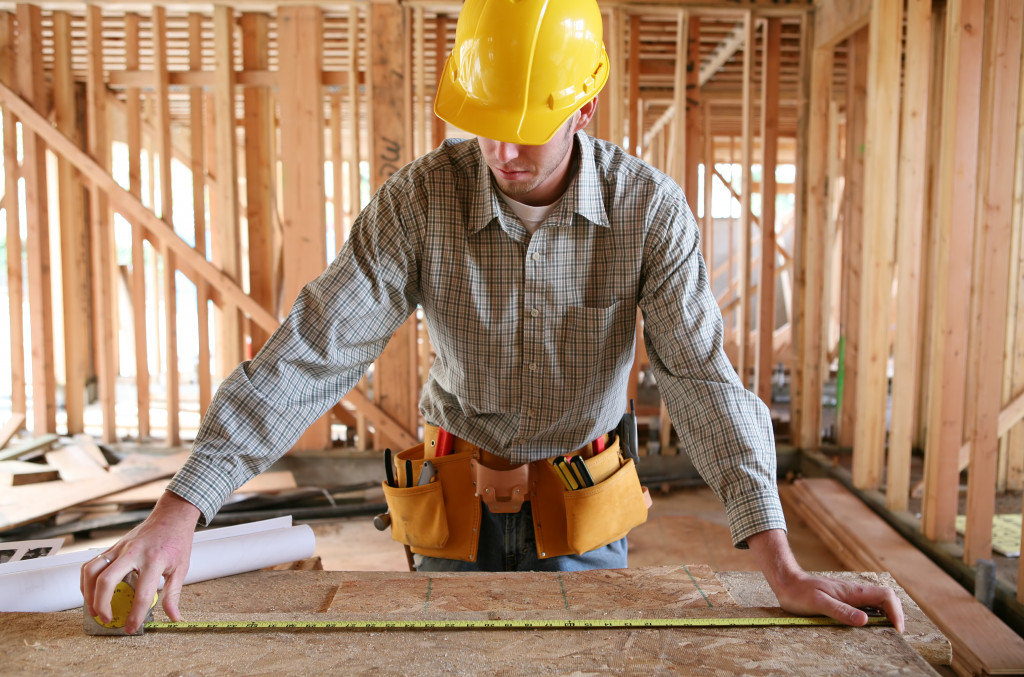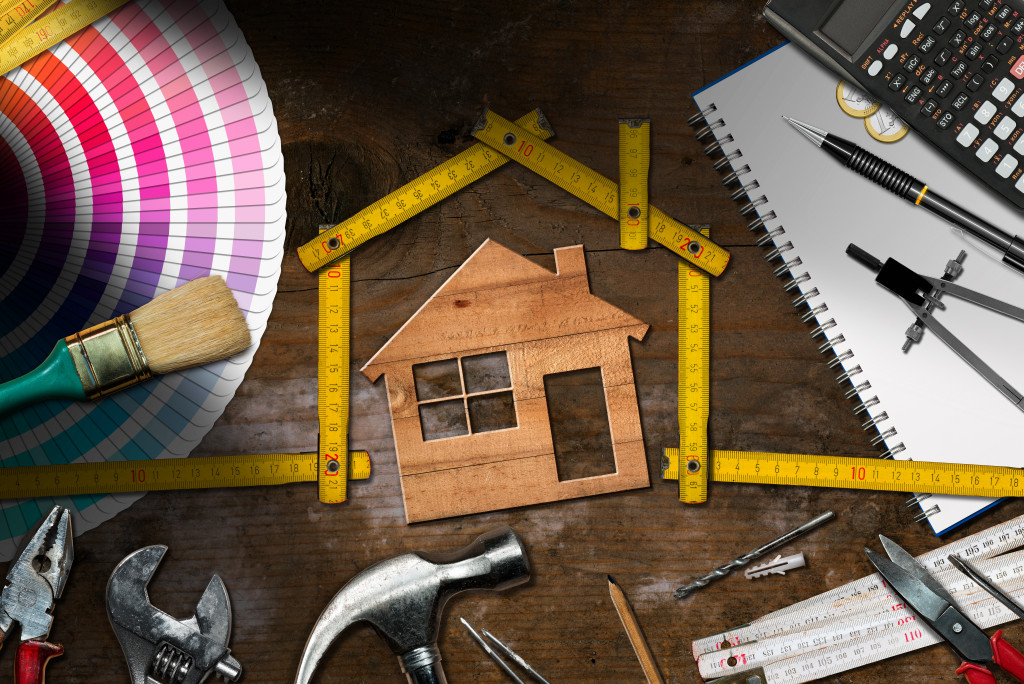People renovate their homes for many reasons. It can be that you have bought a new property or that you want to make your home look and feel better. Home renovations can be expensive, so it is essential to plan things. Renovation misses and mistakes can be costly, so you will need to assess your home first before you take the plunge.
From the plans and designs to the needed window installations, here are the things that you need to consider when you renovate your home.
Make A Plan.
First, you must identify the parts of your home that need renovation. Before you do anything or worse, tear a wall down, assess the condition of your home. Some parts of your home may only need cosmetic changes.
You can also assess which parts you can do by yourself and which need a professional’s help. Check also if some of your renovations will need permits from the city to avoid any problems. Common home renovations will need a permit if it involves any of the following:
- Changing your home’s roofline
- Demolishing a load-bearing wall
- Any form of expansion
- Installation of new electrical circuits
- Adding a garage or carport
- Installation of new doors, windows, and skylights, or anything that requires a new opening
- Installation of a new air conditioner
- Conversion of a garage
Renovation activities that will need a professional includes:
- Driveway paving
- Building an addition or extension
- Siding an entire house
- Window installation or replacement
- Replumbing
It would help if you also needed to consider the timeline of your renovation in your planning stage.
Determine Your Budget
For some, the budget is the primary driver of the whole project. Before you meet with any professionals, architect, or contractor, you must come up with a rough estimate. It would be best if you first decided how much you are willing to spend. That way, you and your contractor can plan on how you will go about the renovation. Will it be done in one go, or will it be done in chunks?
Assess The Foundation Of Your Home
Before you do major home projects, it is important to make sure that your home will withstand it and will not collapse on you. Existing structural problems must be dealt with first before you do any renovation. Hidden problems left untreated can cause more costly damages and repairs in the future.
When assessing your home, be on the lookout for the following:
- Foundation cracks
- Wall/Floor cracks
- Foundation sinking
- Doors that do not close properly
- Gaps around door and window frames
- Sagging floors
- Presence of mold
- Bowed walls
Check For Water Issues
Water damage can go unnoticed until you start remodeling your home. It can start with a small leak in the roof which goes undetected. Faulty plumbing can also cause water damage in your home. These leaky pipes are often discovered when you tear the walls for renovation. Water damage can result in serious problems such as rotten wood, mold, and mildew.
If you discover water damage, make sure that secondary damages brought about by the presence of water must also be repaired.
Check Your Roof
If your roof needs replacement, it should be done before any remodeling or renovation. You wouldn’t want your old roof to collapse on everything you have done. Check your roof for signs of damage, such as:
- Curling shingles
- Missing shingles
- Cracked shingles
- Presence of moss or algae
- Sunlight passing through your ceiling
- Sagging roof
Meet With Your Contractor

Choose your contractors wisely. You may hire one contractor to manage all renovations, or you can hire one per need, such as one window installation contractor, one roofing contractor, and one flooring contractor. Remember that these people will be working inside your home, so choose only reputable and trusted contractors. Choose a contractor whom you know well and are comfortable with. Some contractors will also buy the needed materials for you. If it is not part of the contract, then you may have to shop for materials yourself.
Demolition Works
Once everything has been assessed, and the materials have arrived, demolition for old sections of the house may be started. Make sure to rent a large container or a waste removal service for the wastes. If new a new section or space is added, structural carpentry should be done instead.
New Installations
With every renovation or home extension, you must not forget the following installations:
- Installation of HVAC, Electrical, and Plumbing
- Installation of New Windows
- Insulation
- Closing Up the Dry Wall
- Finishing Touches
Painting The Interior
After you have closed up the drywall, it is now time to paint the walls or hang your wallpaper.
Fixing Your Flooring
Laying on your floor covering should be done last, to save your flooring from damages.
A home renovation project should not be taken lightly. With your hard-earned money involved, it is important to plan for what you want and how to achieve it.

